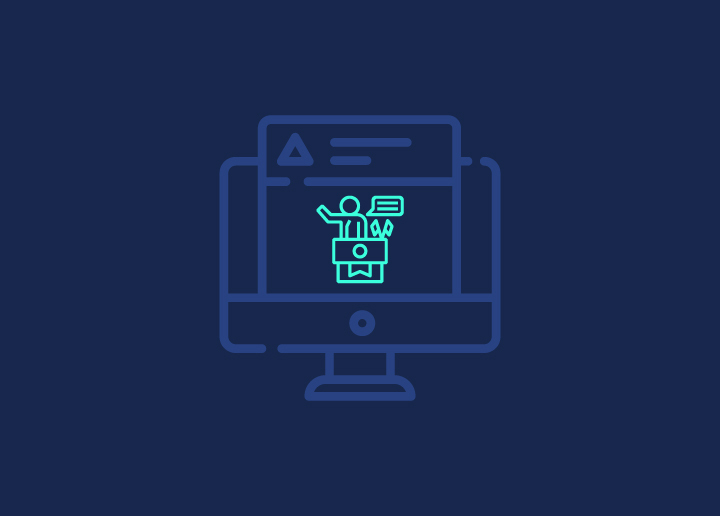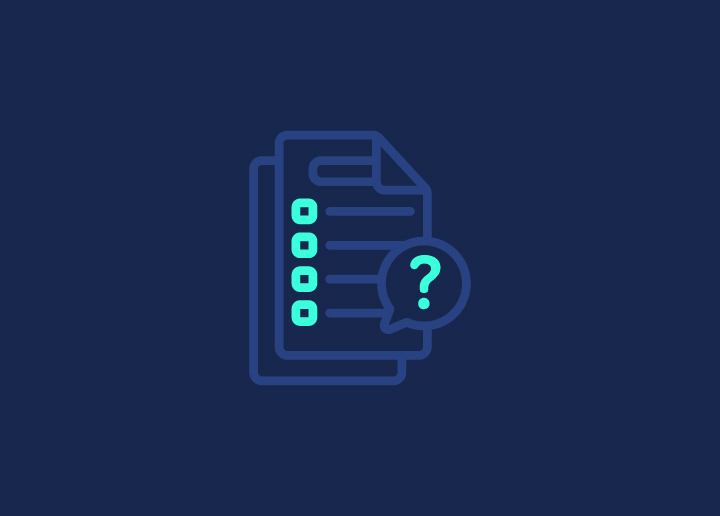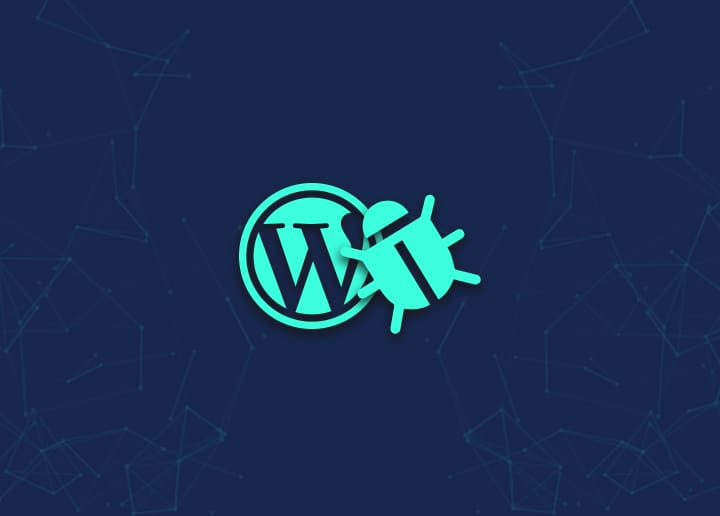Cross-site scripting (XSS) is one of the most common web vulnerabilities that can lead to phishing attacks, session hijacking, website defacement, and installation of malware on a victim’s computer.
Due to their covert nature, XSS attacks often go unnoticed for a long time. Forums & Blogs are particularly more often hijacked.
You can defend yourself and your server from this vulnerability with a few simple & easy methods. For example, bypass emails from anonymous senders and, as a website operator, strictly restrain your comment function.
Contents
ToggleWhat Can Cross-Site Scripting Do?
A common part of an XSS attack is the harvesting of login data. For example, attackers can access your email inbox or bank account. The data is then used for illegal activities.
Another reason is to want your computer to become part of a botnet. In this case, many computers are interconnected by the attacker to disable one or more servers with a targeted DDoS attack.
Server vulnerabilities facilitate cross-site scripting.
Server vulnerabilities are the most common reason for cross-site scripting attacks. Experts are constantly busy finding such gaps and drawing attention to them. This, in turn, attracts attackers who want to hijack the website.
There must be a way to interact with your computer or website to inject the code for an attack to occur. The most common way to do this is through a comment box on a blog or a post box on a forum. Suppose corresponding malicious code is inserted into this comment or forum entry. In that case, a script is started that ensures further data transmission or opens a back door for the attacker.
Different Types of Cross-Site Scripting
These are the three most common types of cross-site scripting:
Local XSS
This is the oldest and most successful method of cross-site scripting: the visitor clicks on a link that takes them to a prepared website. The malicious code is loaded into the visitor’s browser, and the script is executed via the access. The visitor usually receives the link by email. Current email programs and security software filter out most of these attacks, but many users still click on links from unknown senders. This circumvents important security mechanisms.
Persistent XSS
This requires a vulnerability on the server. The attacker manipulates a link in the database, which is then stored permanently (persistently). This manipulation is hardly visible, but visitors are redirected to other websites by the new database entry. These often resemble the original pages. This is how the users’ login data are to be spied out.
Reflected XSS
The user calls up a manipulated URL. The server accepts this malicious URL because the exact content is not checked. A dynamic web page is then generated that closely resembles the expected page. In contrast to persistent XSS, however, no database is manipulated here, nor is no static website created.
How to protect from XSS?
There are several ways you can protect yourself against XSS attacks:
Use safety precautions instead of circumventing them.
Do not click lightly on enticing-sounding links like sweepstakes or ominous security questions. Email, browsers, and security software work hand-in-hand to keep you safe.
If you receive links, first check the source. If you don’t recognize the sender, block the email.
Install a Web Application Firewall
In this constantly evolving threatful world, Firewalls can be proved a valuable defense tool. Firewalls have signature-based security rules which block abnormal requests typically found in XSS attacks.
Install a good WordPress security plugin
If the targeted user is an admin, XSS attacks are dangerous for website owners. XSS can be used to get login credentials and then affect the website with malware. A good security plugin will help you monitor users for unusual activity, and the daily scans will pinpoint any malware quickly.
As a website operator, what can I do against cross-site scripting?
In principle, it is easy to protect your website. However, these approaches require your attention and should not be neglected.
Activate only necessary comment functions
If you run a blog, you should consider including a commenting feature. While it simplifies the interaction and livens up your website, it also comes with a specific risk.
Automatically remove URLs and code.
To complicate XSS comments, certain security precautions apply to WordPress, Joomla, and Co. Additional plugins help you to prevent these attacks to a large extent. Most plugins remove URLs and other executable code from the comments and leave a notice that it has been removed. If your website is not too extensive, you can also activate the moderation of comments and then evaluate them manually.
Always update software
All software should always be up to date. This starts with your operating system and the user software and ends with the server software. Software for productive use is often marked as a “stable branch.” Although beta software lures with new functions and often also a more excellent design, operations are only added for the time being, and problems are only fixed afterward. Security gaps can initially go unnoticed.
Note: It is recommended to initially only test beta software in a closed environment without internet access to avoid external access.
Conclusion
Cross-site scripting (XSS) attacks on WordPress are widespread to steal data from website visitors. A website administrator should take responsibility for preventing user data breaches. You can use a WordPress firewall to avoid potentially dangerous actions against your users. These plugins can counteract the adverse effects of malware vulnerabilities.
The suggestions in this article will undoubtedly assist you in protecting your digital acquisition from any security breach. If you still have any queries or doubts, let us know!















